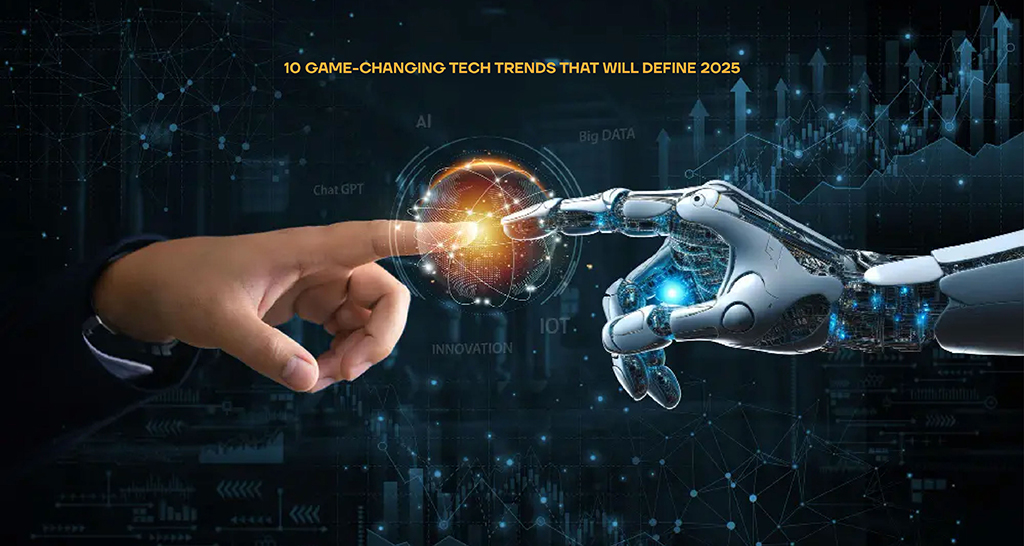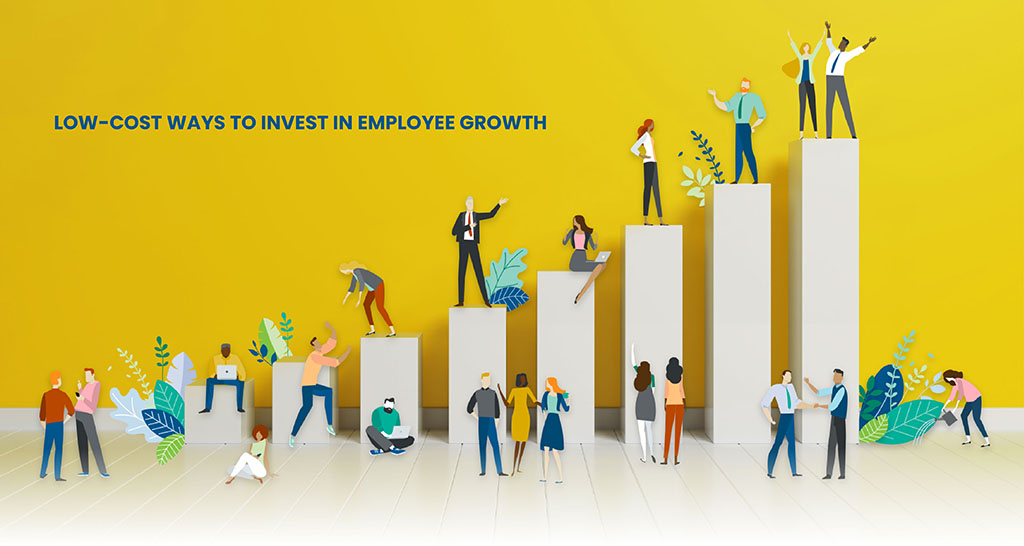As we approach 2025, the rapid advancement of technology shows no signs of slowing down. Numerous innovations are poised to transform various industries, influence our everyday lives, and alter our interactions with the digital landscape. Below are ten groundbreaking technological trends that are expected to shape the upcoming year.
Artificial Intelligence and Machine Learning The incorporation of AI and machine learning is poised to become increasingly prevalent in daily applications. These technologies will enhance decision-making processes in sectors such as healthcare, finance, and manufacturing, leading to more intelligent virtual assistants and sophisticated predictive analytics.
Quantum Computing Breakthroughs Quantum computing is poised to enter the mainstream market. By 2025, significant advancements in quantum computers are anticipated, which will facilitate quicker resolutions for intricate challenges in fields such as cryptography, materials science, and pharmaceutical development.
5G and Beyond As 5G technology continues to be deployed, it is expected to become increasingly widespread by 2025, offering exceptionally high internet speeds, reduced latency, and improved connectivity. This advancement will transform various sectors, including autonomous vehicles and smart cities, by enhancing communication and facilitating the emergence of a new wave of Internet of Things (IoT) devices.
Augmented and Virtual Reality The growth of augmented reality (AR) and virtual reality (VR) will progress in 2025, leading to significant changes across various sectors, including gaming, education, and healthcare. In the realm of education, AR will facilitate engaging and interactive learning experiences, whereas VR will improve remote training and foster virtual collaboration among professionals.
Autonomous Vehicles and Drones By the year 2025, self-driving cars are anticipated to become increasingly prevalent, driven by progress in artificial intelligence, machine learning, and sensor technology that enhance the safety and efficiency of autonomous vehicles. Additionally, drones are poised to play a crucial role in logistics and delivery services, as numerous companies investigate drone-based options for last-mile delivery solutions.
Blockchain and Decentralized Finance Blockchain technology is poised to transform various industries by offering secure, transparent, and decentralized solutions. By 2025, decentralized finance (DeFi) platforms are expected to become increasingly accessible, enabling users to lend, borrow, and trade assets independently of intermediaries, thereby redefining the landscape of global finance.
Biotechnology and Healthtech Innovations Progress in biotechnology is expected to pave the way for personalized medicine, gene editing, and novel disease treatments. By 2025, innovations in health technology will further revolutionize patient care, with artificial intelligence-driven diagnostics, wearable devices, and telemedicine significantly enhancing healthcare accessibility and outcomes.
Edge Computing Edge computing is expected to experience swift adoption in 2025, as it facilitates data processing nearer to its source, thereby minimizing latency and bandwidth challenges. This capability is especially vital for applications in the Internet of Things (IoT), autonomous systems, and real-time analytics.
Cybersecurity Advancements As cyber threats evolve in complexity, the year 2025 is expected to see a notable increase in the adoption of advanced cybersecurity technologies. With innovations such as AI-powered threat detection and improved encryption techniques, organizations will be more capable of securing sensitive information and protecting their digital infrastructure.
Sustainable Tech As apprehensions regarding climate change intensify, sustainable technology is poised to become a focal point in 2025. Advancements in clean energy, carbon capture, and eco-friendly manufacturing methods will enable industries to minimize their environmental impact and encourage more sustainable practices.
As we near the year 2025, these technologies are set to transform our methods of working, living, and engaging with our surroundings, paving the way for a future that is more interconnected, efficient, and sustainable.








